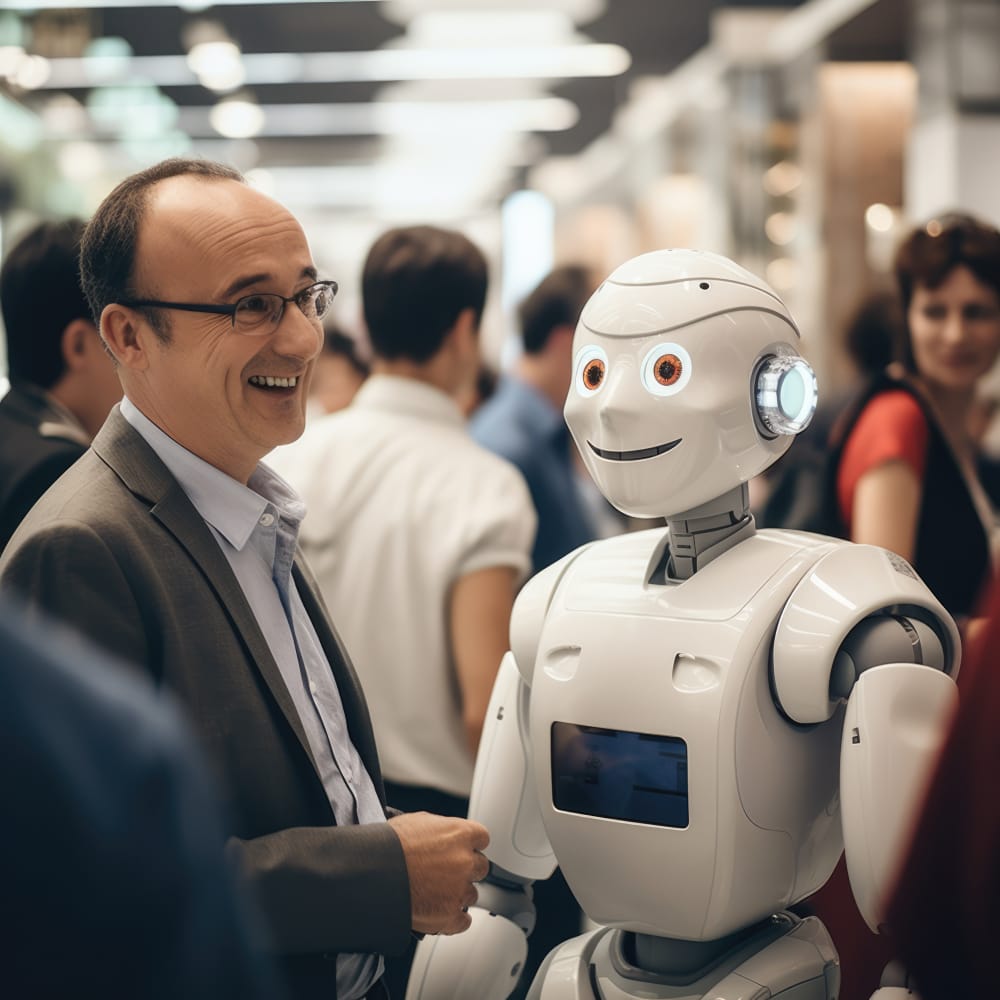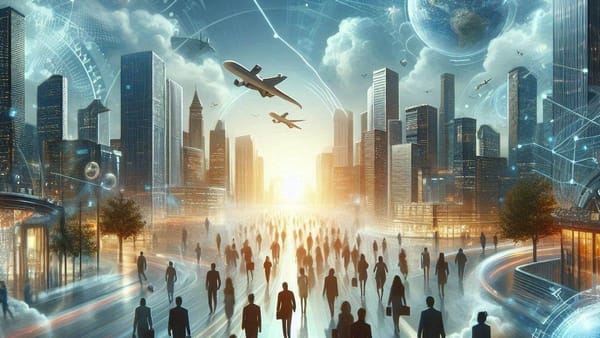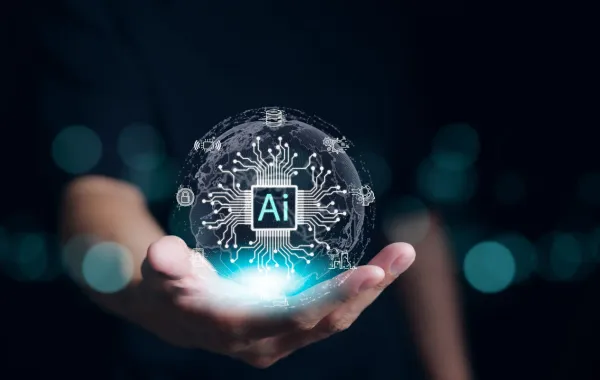What Jobs Will AI Not Replace?

As artificial intelligence (AI) continues to transform industries across the globe, a common question arises: What jobs will AI not replace? While automation is making processes faster and more efficient, some roles remain irreplaceable, demanding uniquely human qualities such as creativity, empathy, and decision-making. Understanding these secure roles is vital for those navigating career choices in this ever-evolving landscape.
1. Creative Professions

AI may assist in generating ideas or replicating existing work, but creativity remains a deeply human trait. Jobs in art, writing, design, and advertising require innovation and emotional resonance, which AI lacks. For example, while AI can design a logo, it doesn’t understand the underlying brand essence like a human designer can. If you're passionate about creativity, consider reading more on the future of design careers in this article by DesignWeek.
2. Healthcare and Social Work

The healthcare industry is another area where AI will augment rather than replace human jobs. While AI excels in diagnostic tools, human caregivers such as doctors, nurses, therapists, and social workers provide critical emotional support and make judgment calls in complex, real-world scenarios. Explore more about the evolving healthcare landscape in this insightful post by Health-Tech Magazine.
3. Educators

Teaching is all about understanding, engaging, and inspiring students. AI can assist with grading and administrative tasks, but real teachers offer emotional intelligence and adaptability that no machine can emulate when it comes to shaping minds. To dive deeper into AI’s role in education, check out this thought-provoking piece by EdSurge.
4. Trades and Craftsmanship

Skilled trades like electricians, plumbers, and carpenters require hands-on expertise and the ability to solve problems in unpredictable environments. While robots can assemble products in controlled settings, craftsmanship often involves adaptability and precision in unique scenarios. Discover why trade careers are on the rise even in an automated world with this post from Apprenticeships.gov.uk.
5. Leadership and Strategic Roles

AI can process data at lightning speed, but it cannot lead teams, negotiate with partners, or envision a strategic future. Leadership roles demand emotional intelligence, foresight, and decision-making based on nuanced human experiences. Explore the impact of AI on leadership and management in this Harvard Business Review article
Conclusion: Embrace What AI Can’t Do
In a world increasingly driven by automation, jobs that rely on human intuition, emotion, and creativity will likely remain secure. Whether you're charting a new career path or seeking to future-proof your current one, focus on roles that require human-centric skills.





